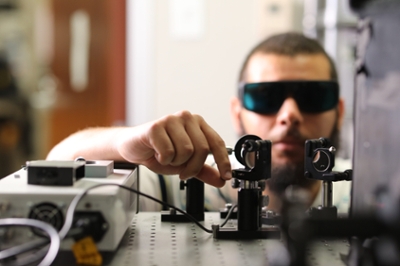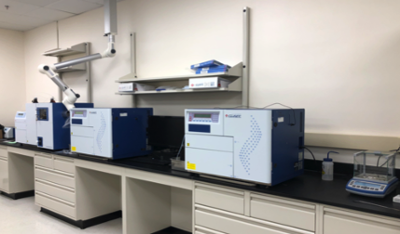For a complete list of Texas A&M University's core facilities, visit the iLabs website.
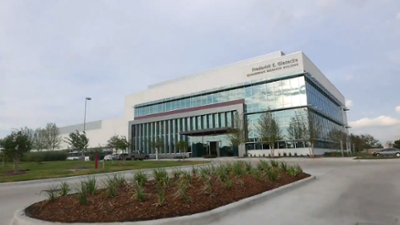
The AggieFab Nanofabrication Facility (AggieFab) is a shared nano/microfabrication facility. The facility has over 6,500 sq. ft. of class 100/1000 cleanroom space with raised access floor and vertical laminar flow, and an additional 4,500 sq. ft. of support space, totaling 11,000 sq. ft. The facility has state-of-the-art equipment for full ranges of micro and nano-scale fabrication on diverse materials. In addition, the facility recently acquired $5M worth of new nanopatterning and deposition instruments through donation from the Hewlett Packard Enterprise. The facility also has recently received $1.5M from the Texas A&M University Research Development Fund to purchase several new tools to improve micropatterning and advanced substrate development capabilities.
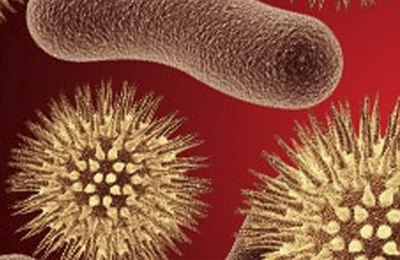
The Comparative Medicine Program (CMP) is the centrally administered support service for animal research and teaching programs at Texas A&M University. The program's facilities and services are available for all Texas A&M campus affiliated faculty, staff, and students who have been approved to conduct animal research by the Institutional Animal Care and Use Committee. CMP is accredited by the Association for the Assessment and Accreditation of Laboratory Animal Care (AAALAC) through its affiliation with other AAALAC-accredited Texas A&M programs.
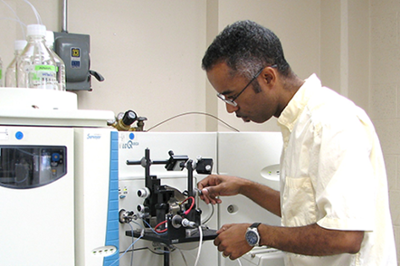
The Laboratory for Biological Mass Spectrometry (LBMS) is dedicated to providing cutting-edge technology and expertise for the characterization of molecules to fulfill the needs of researchers at Texas A&M University. Mass spectrometry plays an increasingly important role in molecular level research, and it is central to ‘omics’ research, i.e., petroleomics, proteomics, metabolomics, lipidomics, glycomics, etc and the LBMS provides expert staff with modern instrumentation to complete these tasks.
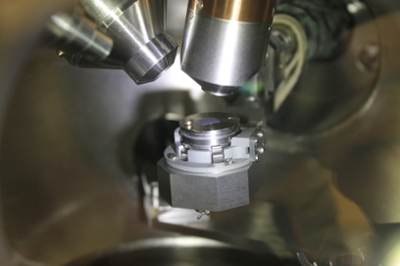
The Materials Characterization Facility (MCF) at Texas A&M University is a core user facility supported by the Office of the Vice President for Research, the College of Engineering/TEES and the College of Science. The MCF provides researchers in the TAMU community with access to high-end instrumentation essential for fundamental studies of the surface and interfacial properties of materials, such as ion and electron based spectroscopies, electron, optical and scanning probe microscopies.
